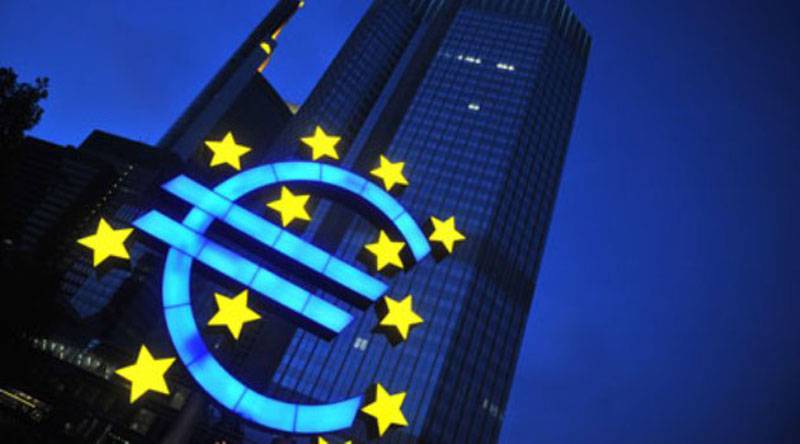LUXEMBOURG - A senior advisor to the EU’s top court found Wednesday that a hugely controversial bond-buying programme by the European Central Bank is legal, clearing the way for the ECB to begin buying government debt.
Advocate General Pedro Cruz Villalon at the European Court of Justice (ECJ) said in a legal opinion that an earlier ECB programme was “in principle” in accordance with European Union law. It followed a legal challenge by German politicians and academics who believe the central bank was overstepping its powers by the measure, originally announced in 2012 during the eurozone debt crisis but never used.
The ruling will be widely interpreted as a green light to ECB chief Mario Draghi to adopt quantitative easing or “QE”, the controversial policy widely credited with boosting the US and British economies, but again firmly opposed by Germany.
“The Advocate General takes the view that the objectives of the programme are in principle legitimate and consonant with monetary policy,” the court said in a statement. The Luxembourg-based ECJ usually follows the opinion of the Advocate General, the top legal adviser to the court.
Under QE, central banks in effect create money to buy government debt, and thus government borrowing costs fall. The objective is for the funds to find their way back into the economy through investment and spending. The ECB has been under immense pressure to adopt QE, but influential Germany has always barred the road, afraid the policy would trigger inflation and encourage overspending governments to borrow even more.
- Decision next week -
In a tweet, the ECB said it “took note of the Advocate General’s opinion and that OMT (Outright Monetary Transactions) is ready and available.” “Overall, then, the final hurdle to quantitative easing appears to have been cleared,” said Jonathan Lyons, chief European economist at Capital Economics. The legal opinion was officially in Draghi’s 2012 Outright Monetary Transactions programme, under which the central bank can theoretically buy up unlimited amounts of the sovereign debt of crisis-ridden countries. It was unveiled by Draghi in August 2012 at the height of the eurozone debt crisis when financial market turmoil looked set to bring down the single currency. While it has never been put into use, its mere existence has proven to be the most effective weapon against the crisis and has largely defused fears of an imminent breakup of the eurozone.
Critics believe bond-buying is outside the responsiblity of the European Central Bank, which is legally bound to handle monetary policy only. But with deflation in the eurozone looming as the economy falters, Draghi said Wednesday the ECB does not have many options left apart from sovereign bond purchases. His comments fuelled speculation that such a programme is imminent and followed talk by ECB executive board member Benoit Coeure that discussions about a QE programme are “very far advanced”. “We are definitely in a position to make a decision on January 22,” when the ECB’s policy-setting governing council meets next, Coeure said. Inflation in the single currency area was at minus 0.2 percent last month, dragged down by plummeting oil prices and way off the ECB’s official target of near positive two percent.
Friday, April 19, 2024
Top EU lawyer clears ECB bond-buying

The Escalating Nature of Threat
April 19, 2024
Data Protection Framework
April 19, 2024
The Most Preposterous Claim
April 19, 2024
Kite tragedy
April 19, 2024
Discipline dilemma
April 19, 2024
Hepatitis Challenge
April 18, 2024
IMF Predictions
April 18, 2024
Wheat War
April 18, 2024
Rail Revival
April 17, 2024
Addressing Climate Change
April 17, 2024
Justice denied
April 18, 2024
AI dilemmas unveiled
April 18, 2024
Tax tangle
April 18, 2024
Workforce inequality
April 17, 2024
New partnerships
April 17, 2024
ePaper - Nawaiwaqt
Advertisement
Nawaiwaqt Group | Copyright © 2024





